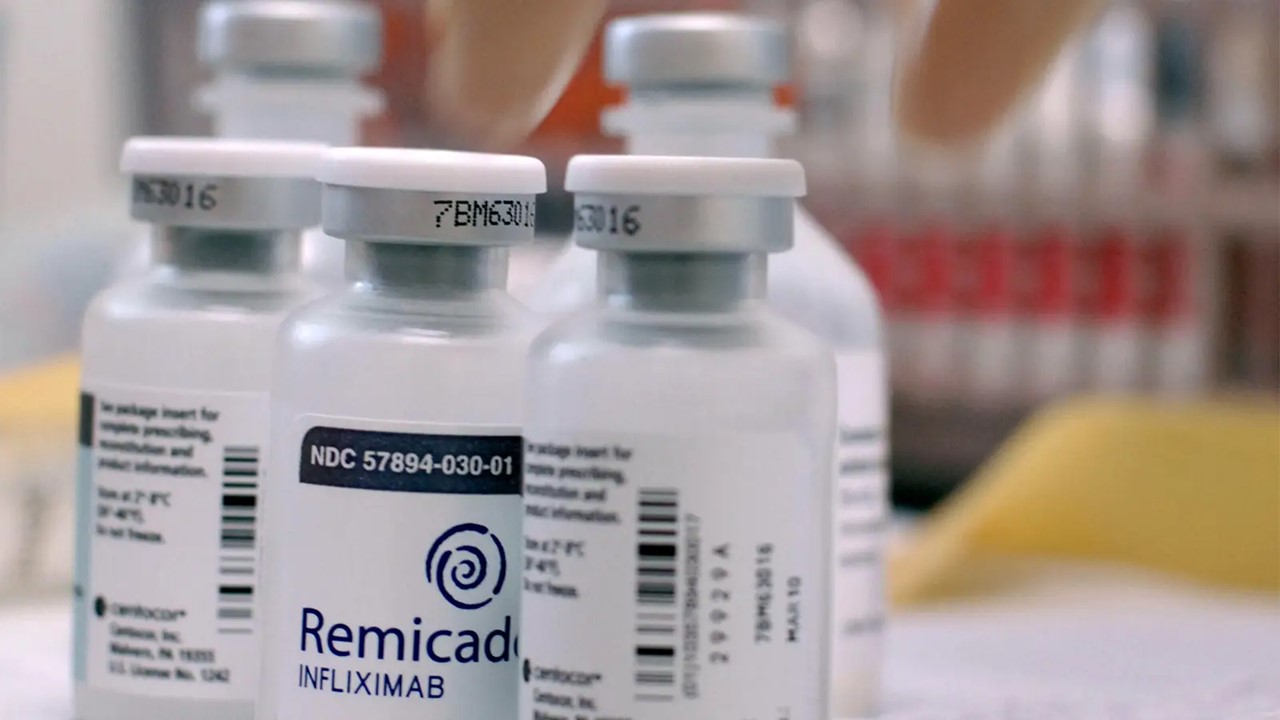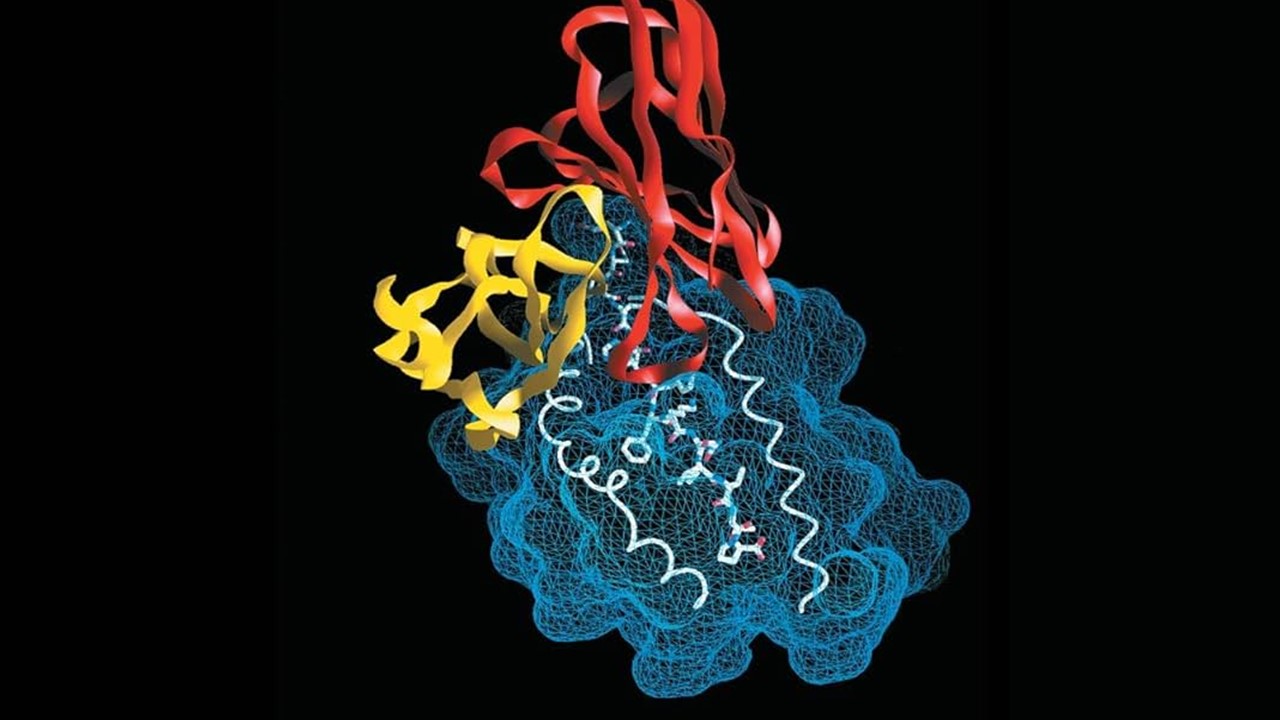
On 7 June 2021, Biogen will receive an answer from the FDA regarding the approval of their Alzheimer’s drug, Aducanumab. Approval for this drug will represent a significant milestone in disease management for Alzheimer’s patients, in terms of slowing the clinical progression. As of today, there is no cure nor drug to reverse the disease for a patient population totalling 850,000 in the UK. This represents a significant clinical need which Biogen aims to address.
However, a number of possible discrepancies with regards to clinical trial outcome and poor support from healthcare professionals and patients questions whether this drug will receive FDA approval.
Outcome of clinical research
The drug remains a subject of controversy due to various alleged failures in clinical research, despite Biogen voicing their support for its efficacy in slowing disease progression. EMERGE and ENGAGE were two phase III trials sponsored by Biogen investigating the efficacy of Aducanumab.
Achievements
In EMERGE, aducanumab treatment resulted in a significant 22% slowing of decline on the CDR-sb. In this trial, aducanumab met its primary outcome, demonstrating beneficial effects on cognition, function, and behaviour. Some clinical benefits were observed in the ENGAGE participants, however only in those treated with the high dose for longer periods.
Failures
In early 2019, Biogen and its Tokyo-based partner Eisai Co. discontinued the two big trials, citing lack of evidence to merit further study. The contradictory data from both trials could suggest a level of uncertainty with regards to clinical benefit of the drug. According to a press release by Biogen, the decision to stop the trials was based on “results of a futility analysis … which indicated the trials were unlikely to meet their primary endpoint upon completion”. Futility in the context of clinical research refers to the inability of a clinical trial achieving its primary endpoints.
According to a review of the trial, the sponsor claimed that “subsets of participants receiving sufficiently high doses of aducanumab demonstrated benefits in both trials”. However, analysis of the clinical data by the review inferred that the “apparent drug benefits” were not related to the dose effects. According to the authors, the biomarker data published by Biogen appeared to be consistent with engagement of the target tissue, but failed to show evidence correlating biomarker change to cognitive benefit.
It is emphasised in this review that a third phase III trial with high doses is required to support aducanumab’s efficacy as a treatment for cognitive dysfunction in Alzheimer’s disease. As of now, the contradictory clinical outcomes potentially fail to provide sufficient positive data to warrant approval for the market.
Another problem potentially compromising the legitimacy of the clinical research is the perceived closeness of the FDA to drug development. According to a recent article, three doctors who took part in the expert advisory board meeting for the drug voted against its approval in November 2020. These experts “emphasised an unusual degree of collaboration between the FDA and manufacturer of aducanumab”. This presents an obvious issue with regards to the FDA’s objectivity in reviewing the New Drug Application, if there are potential collaborations or agendas at play.
The concern surrounding the FDA’s alleged involvement has been echoed in many pharmaceutical news articles. In particular, FDA director for the Neuroscience Unit Billy Dunn has been criticised for “inappropriate close collaboration” between Biogen and the agency in preparing documents for the advisory committee meeting. This further questions the validity of the proposal for drug approval, introducing a level of uncertainty in terms of the benefit for the patient population vs possibly hidden pharmaceutical agendas.
In March 2020, Biogen launched another, third phase III clinical trial investigating the safety and efficacy of high-dose aducanumab in patients who have participated in the previous trials. The EMBARK clinical trial is expected to be one of the largest Alzheimer’s clinical trials with an approximate total of 2400 participants.
The global, open-label single arm study is predicted to finish in 2023. The study aims to “provide further information on the long-term safety and efficacy of aducanumab”. This further emphasises what some would suggest is a lack of data for this drug, reinforcing the poor outcome of the initial trials. This also raises a number of potential red flags with regards to the safety and efficacy of the drug considering the FDA deadline for the drug’s approval is June 7 2021.
Controversial risk vs benefit
Due to concerns surrounding the efficacy of the drug, there have been many groups questioning whether it is worth prescribing it to patients for whom it may make minimal or no difference to their condition.
Some believe that the drug could offer hope to those dying from the disease. This was echoed in a quote by Maria Carrillo, chief science officer for the Alzheimer’s Association: “The downside of it not working is greatly outweighed by the possibility of being able to give something to people who are dying of Alzheimer’s every day”.
On the other hand, a number of valid points have been raised with regards to the impact of administering aducanumab. Firstly, the drug must be infused via an IV line, which is an invasive method that many individuals cannot tolerate. In addition, it is likely that regular brain scans are required to monitor for potential side effects such as tissue swelling in the brain.
Regular visits to the clinic for IVs and scans may be a burden or distressing for vulnerable Alzheimer’s patients. This is a factor that should be taken into consideration for the regulatory approval process.
Poor understanding of the psychological state of neurological diseases like Alzheimer’s is one of the reasons why drugs are not as effective in the real world. Patients in clinical trials often seek to get better so badly, they experience the placebo effect with regards to improvement of their condition. In the real world however, patients may not be as amenable to the side effects or complex administration of the drug that impacts their daily lives. This is why substantial amounts of data supporting drug efficacy is so important, ensuring there is a chance for real world application.
At the end of the day, FDA approval for a new drug is dependent on the safety and efficacy of a drug’s desired effect and whether it will significantly improve patients’ quality of life. Aducanumab requires more data to support its therapeutic efficacy in slowing the progression of Alzheimer’s disease. The termination of previous clinical trials, and the launch of a third phase III trial reinforces the fact that there is not enough data to warrant market access.
The decision on 7 June 2021 will determine the future of Alzheimer’s research – whether we need to focus on optimising clinical research for therapeutic drugs or moving forward with the first drug prescribed for the disease.
Charlotte Di Salvo, Former Editor & Chief Medical Writer
PharmaFEATURES
Subscribe
to get our
LATEST NEWS
Related Posts

Chronic & Debilitating Diseases
Renopathology Tipping Point: Deciphering the Molecular Code of Stage 2 Chronic Kidney Disease
The molecular events of Stage 2 CKD, from inflammation to lipid metabolism, offer insights for diagnosis and treatment.

Chronic & Debilitating Diseases
A New Lens on Shock: Hemodynamic Insights Through Critical Care Ultrasound
CCU has transformed the hemodynamic assessment of shock, delivering a reliable, reproducible, and non-invasive tool for ICU clinicians.
Read More Articles
Aerogel Pharmaceutics Reimagined: How Chitosan-Based Aerogels and Hybrid Computational Models Are Reshaping Nasal Drug Delivery Systems
Simulating with precision and formulating with insight, the future of pharmacology becomes not just predictive but programmable, one cell at a time.
Coprocessed for Compression: Reengineering Metformin Hydrochloride with Hydroxypropyl Cellulose via Coprecipitation for Direct Compression Enhancement
In manufacturing, minimizing granulation lines, drying tunnels, and multiple milling stages reduces equipment costs, process footprint, and energy consumption.
Decoding Molecular Libraries: Error-Resilient Sequencing Analysis and Multidimensional Pattern Recognition
tagFinder exemplifies the convergence of computational innovation and chemical biology, offering a robust framework to navigate the complexities of DNA-encoded science













